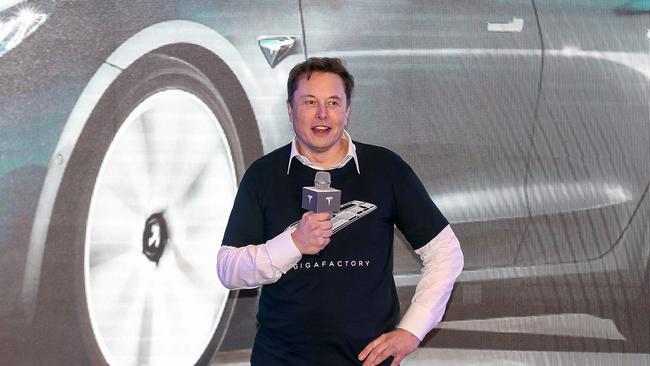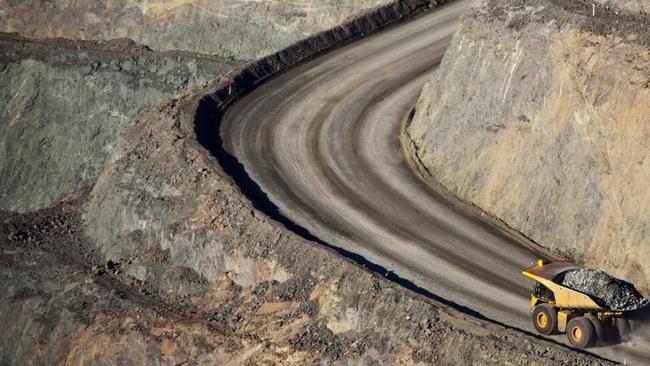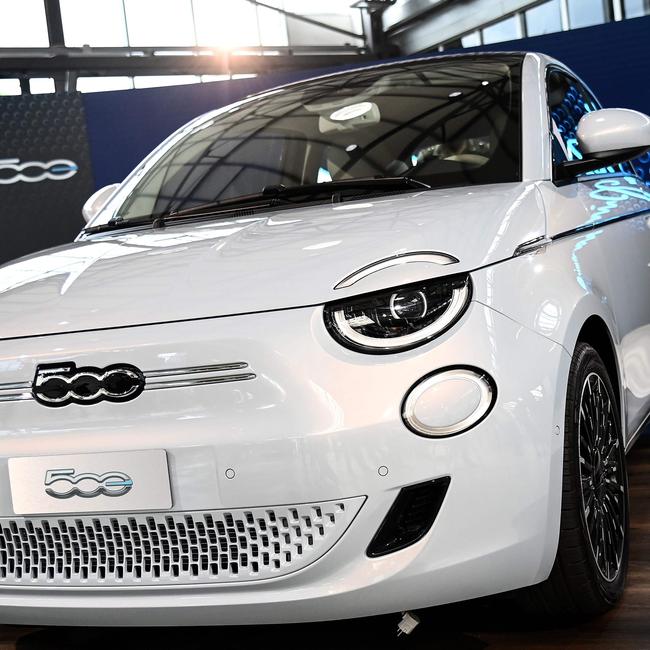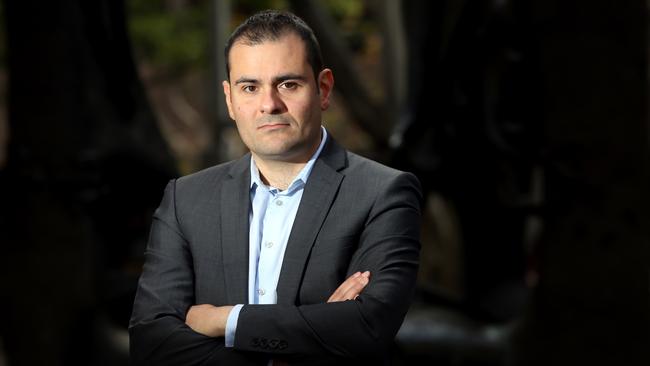Electric vehicle battery could charge 85 per cent in six minutes
Electric vehicles are on the rise but one thing has been holding them back. Now an Australian company claims that’s no longer the case.
Hitech
Don't miss out on the headlines from Hitech. Followed categories will be added to My News.
An Australian company and its US-based partner has announced potentially “game-changing” technology that could defeat one of the biggest problems holding back electric vehicles.
Electric vehicles have been rising in popularity in recent years for a number of reasons.
There are environmental factors obviously (though if that’s your only reason for buying an electric car the Earth will thank you for just buying a used car rather than a brand new electric one).
There’s also the lack of operational noise (some view this as a disadvantage), and the insane acceleration of electric vehicles compared to traditional cars.

RELATED: Word Musk and Tesla can’t use
RELATED: Electric car that cost nearly a billion dollars
Tesla, which only makes electric cars, recently overtook Toyota as the most valuable carmaker in the world (primarily based on investor sentiment about its potential), and traditional carmakers like BMW, Mercedes, Hyundai, Jaguar and others are all introducing electric vehicles.
But the biggest problem they face is lengthy charge times for the in-built batteries.
Range on many electric vehicles has improved to the point where they now rival petrol-powered cars, but while you can pull into your local servo, fill up the tank and drive off in the space of a couple minutes, electric vehicles can take hours to recharge.
But now an Australian company and its US partner claim those days are over.

RELATED: New record for ‘magic’ solar battery
RELATED: Fast charging hack’s fiery threat to phones
Magnis Energy Technologies and its US partner Charge CCCV (C4V) announced to the ASX on Friday morning its Extra Fast Charge technology managed to get a battery up to 85 per cent in just six minutes.
“Today’s results are very exciting and our potential partners in the automobile industry have been highly encouraged by the data produced so far,” C4V president Dr Shailesh Upreti said.
He added the company is now committed to delivering a 25KWh battery pack with extra fast charging technology.
A 25KWh battery pack is similar in size to the one in a Fiat 500e, which gives the small hatch up to 135km range (though design of the car and other factors like material used play just as much of a factor as the size of the battery).

Recent testing found the company’s unoptimised energy cells were within 99 per cent density of a regular energy cell, and according to Magnis chairman Frank Poullas, will be able to overcome some of the problems that have faced fast charging batteries in the past.
“Fast charging is usually synonymous with batteries degrading quickly,” Mr Poullas said.
He added the “results using an unoptimised cell are exciting and will improve further as the cell is optimised”.
“This news is highly encouraging for the global battery industry and for every EV manufacturer,” Mr Poullas said.

Magnis Energy Technologies hopes to become a global leader in the production of li-ion cells, with factories planned for Townsville and New York.
The company plans to build an 18Gwh battery plant in Townsville in three 6Gwh stages over the coming years.
A 15Gwh plant is planned for New York.
Magnis also has the rights to the Nachu graphite deposit in the east African nation of Tanzania.
The company said graphite from that site has been turned into 99.99 per cent pure graphite anodes for use in batteries, without using chemical purification.
Originally published as Electric vehicle battery could charge 85 per cent in six minutes


